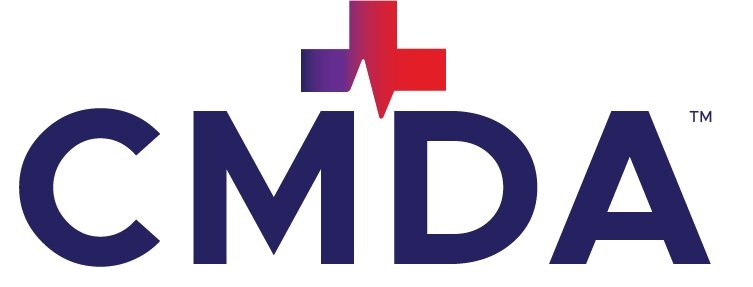Perhaps as you've thought about your Christian faith within the practice of medicine, you've asked, "How do bridge the gap between my faith and caring for my patients?"
CMDA Atlanta has often discussed the importance and effectiveness of being able to do a Spiritual Assessment with your patients in order to create that bridge. Yet often times the next question is, "How do I bring the need for a Spiritual Assessment up in our pluralistic, secular culture? Won't some patients think I am judging them or giving selective care based upon their beliefs?"
We have a form, called, We Care For The Whole Patient, and several resources on how to do a Spiritual Assessment, all which are available for download on our website.
The We Care For The Whole Patient is a sample form that can annually be added to the 'patient clipboard' patients receive from your reception team. Included with the other HIPPA and Hx paperwork, this concise statement lets the patients know in advance about the Spiritual Assessment and why it is important to their comprehensive healthcare. Having this form pre-read by your patients allows you to flow right into it as you take the rest of your introductory history and physical. Feel free to adapt it to your practice.
The Spiritual Assessment articles, part 1 & 2 will help you think strategically concerning the whys and hows on integrating a spiritual assessment within your practice of medicine.
As just one other addendum, if you, as a practitioner, are really rushed, or sense that a Spiritual Assessment is needed but aren't sure or prepared to broach the subject, Bob Mason, the Exec. Dir. at Medical Strategic Network suggests a one-question quick assessment that will guide whether further assessment might be worthwhile: "Do you feel that prayer might be a helpful part of your treatment plan?"
Click the buttons below to download the forms (in PDF) and thanks to the CMDA Triangle Fellowship and to Drs. Harold Koenig and Warren Kinghorn from Duke for their initial input on the We Care for the Whole Patient form.

